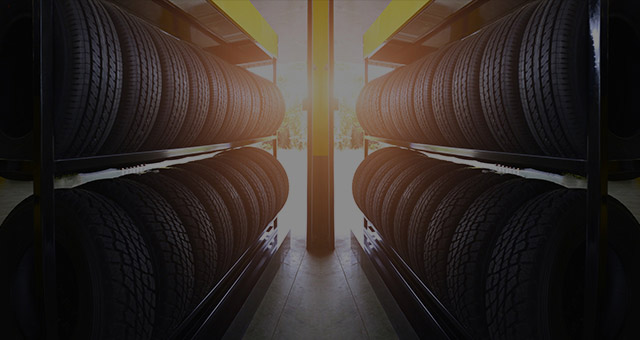Save Big with Mopar Tire Service Specials in Morris: Limited Time Offers
Wiki Article
Tire Solution: Recognizing Tire Stress Monitoring Equipments
Understanding Tire Stress Tracking Systems (TPMS) is a vital element of maintaining optimum vehicle efficiency and safety and security on the roadway. With developments in automobile modern technology, TPMS has ended up being a conventional attribute in modern-day vehicles, providing real-time details on tire pressure levels.
Importance of TPMS
The significance of Tire Stress Surveillance Solutions (TPMS) hinges on their ability to boost lorry safety and security and performance through real-time monitoring of tire pressure degrees. Keeping the right tire stress is crucial for guaranteeing optimal handling, stopping, and total safety and security of an automobile. TPMS provides vehicle drivers with prompt responses on any kind of overinflated or underinflated tires, permitting for prompt adjustments to be made.
Elements of TPMS
Sensors are typically located in the tire shutoff stem or attached to the wheel setting up, where they gauge tire stress and transfer information to the control module. Some advanced TPMS versions also show the real tire pressure analyses for each tire, offering motorists with real-time info to guarantee ideal tire performance and security. By keeping an eye on tire stress continuously, TPMS helps avoid crashes, reduces tire wear, and boosts fuel effectiveness, making it a vital component for car safety and security and efficiency. tire shop morris.
Kinds Of TPMS

On the other hand, indirect TPMS counts on the car's wheel rate sensors to check tire pressure. This system identifies underinflation by comparing the rotational rates of the wheels. Indirect TPMS is much less costly than direct TPMS, as it utilizes existing sensing units within the car.
While direct TPMS uses a lot more precise readings, indirect TPMS is easier in style and generally calls for less upkeep. Both systems have their benefits and constraints, and the selection between them frequently depends on elements such as cost, automobile make, and individual preference. Understanding the differences between these two sorts of TPMS can aid vehicle owners make notified decisions regarding tire maintenance and safety and security.
TPMS Upkeep Tips
Effective maintenance of TPMS use this link is necessary for making certain ideal performance and security of your lorry. On a regular basis evaluating the TPMS sensing units for any kind of damages or corrosion is important. Make sure that the sensing units are tidy and totally free from particles that might disrupt their performance. In addition, it is advisable to check the sensor batteries regularly and replace them as needed to guarantee exact readings. Conduct regular checks on the tire stress degrees and contrast them with the TPMS analyses to ensure they are constant. If there are any type of discrepancies, recalibrate the system adhering to the manufacturer's standards. Furthermore, during tire turning or replacement, make certain that the TPMS parts are handled very carefully to stop any type of possible linked here damage. Lastly, if the TPMS warning light brightens on the dashboard, resolve the concern quickly by examining the tire stress and the overall system for any faults. By adhering to these maintenance suggestions, you can prolong the life expectancy of your TPMS and enhance the safety and security of your driving experience.Benefits of Proper Tire Stress
Preserving appropriate tire stress, as stressed in TPMS Upkeep Tips, is essential for gaining the countless advantages connected with optimum tire stress levels. Among the key advantages of keeping the correct tire stress is improved gas efficiency. When tires are correctly pumped up, there is much less rolling resistance, bring about better fuel economy. In addition, appropriate tire stress guarantees even tire wear, extending the lifespan of the tires and promoting safer driving conditions. With the ideal tire stress, lorries also have far better handling and traction, particularly in adverse climate conditions. This can boost total driving efficiency and security for the driver and passengers. Furthermore, keeping ideal tire stress can contribute to a smoother and much more comfy experience by minimizing resonances and noise brought on by underinflated tires. Finally, the benefits of appropriate tire pressure exceed just tire long life; they incorporate enhanced gas effectiveness, improved security, far better vehicle efficiency, and general driving convenience.Final Thought
In verdict, comprehending tire pressure tracking systems (TPMS) is essential for keeping optimum tire stress site here and ensuring automobile safety. By recognizing the significance of TPMS, knowing with its components, understanding the various types offered, sticking to appropriate upkeep suggestions, and realizing the benefits of keeping appropriate tire pressure, drivers can improve their driving experience and extend the life expectancy of their tires. Appropriate tire pressure is key to secure and efficient lorry procedure.
Report this wiki page